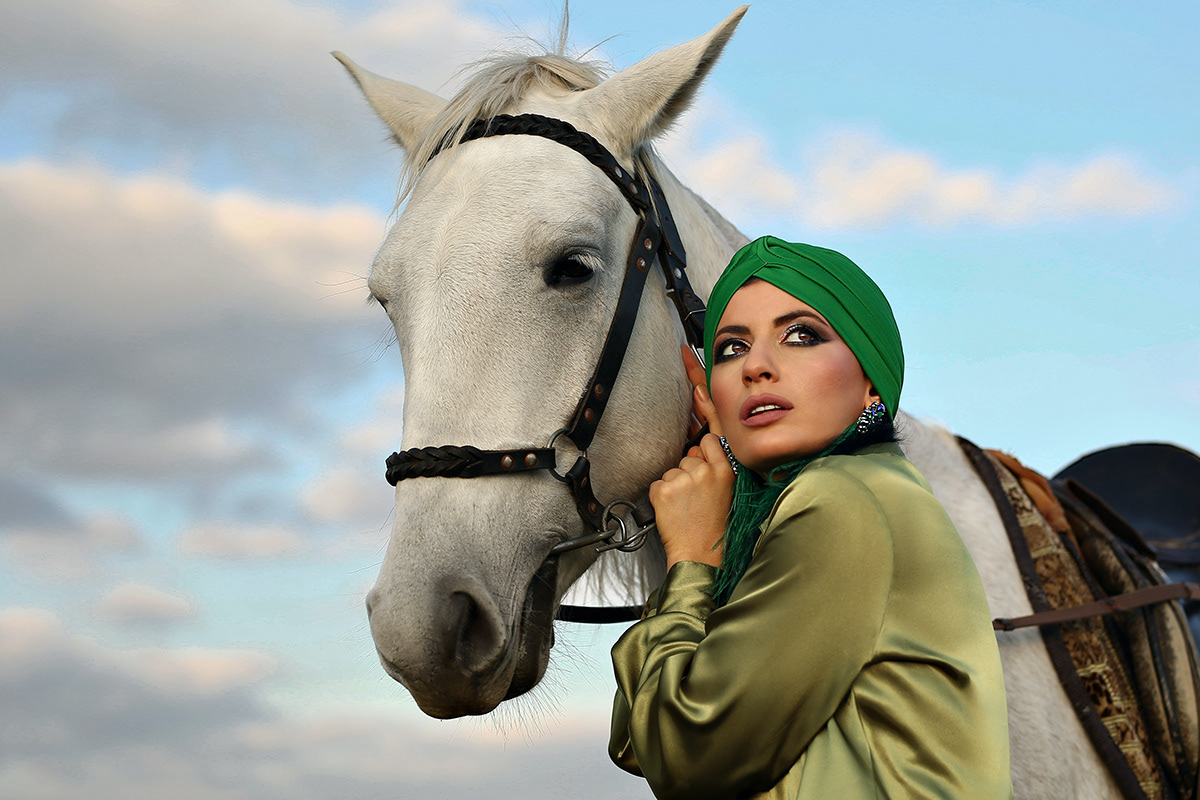
Established in 2001 by Donna Ewing, an animal advocate closely involved with the passage of the 1973 Humane Care of Animals Act, the Hooved Animal Rescue and Protection Society (HARPS) is a 501(c)3 nonprofit organization committed to the humane treatment of animals. The organization focuses on horses and other hooved animals. As part of the organization’s efforts to rescue, rehabilitate, and generally protect these animals, HARPS promotes basic information regarding proper horse care among the general public.
Caring for a horse can be broken down into a few categories: water and feed. Access to clean and adequate water is one of the most important facets of proper horse care, with most animals preferring to drink from a tank, a bucket, or automatic drinking bowls. The delivery method is far less important than that each horse on a property has unlimited access to water 24 hours a day, seven days a week. In colder climates, owners may need to install electric water heaters or remove ice chunks from water buckets so that horses can drink freely.
Feed is just as important. Grazing represents the natural system and food for horses. Most horses eat a small amount of grass numerous times throughout the day, and it is not uncommon for them to continue grazing after dark. Owners must ensure that the animal’s grazing area is free of weeds, dirt, gravel, pesticides, and other potentially harmful products in the grass. Clean hay is another important aspect of a healthy horse’s diet.
Exposure to the elements is a potential concern for all animals. Horses require a barn, run-in shed, or some other dry, clean shelter that can protect them from strong wind and heavy precipitation. As summer approaches, owners should ensure that their horse’s shelter is free of flies and other pests that can irritate the animals.
Regarding specific parts of a horse’s body, the hooves are one of the most overlooked in terms of proper health care. As a general rule, owners and riders should keep horses near nature. This means avoiding paved surfaces and sticking to trails and meadows. Even if owners do not plan to ride a horse on hard, rough surfaces, they should strongly consider the advantages of having horses shod and the various aspects of care that come with properly maintaining and replacing horseshoes.
While hooves always represent an important point of care for horse owners and medical professionals, a horse’s teeth become increasingly important as they age. Horse teeth grow longer and longer with the years, becoming so sharp that they interfere with the animal’s ability to eat comfortably. If a horse begins to lose weight due to sharp teeth, owners can talk to a veterinarian about “floating” the teeth, which involves filing away the sharper points. Vets can usually float sharp teeth during a worming procedure.
Owners must also be aware of and ready for various illnesses, most notably equine lameness. There are also several aspects of horse safety to consider, which range from never tying a rider directly to a horse to ensuring that a horse has proper protection from dangerous insects and animals.

